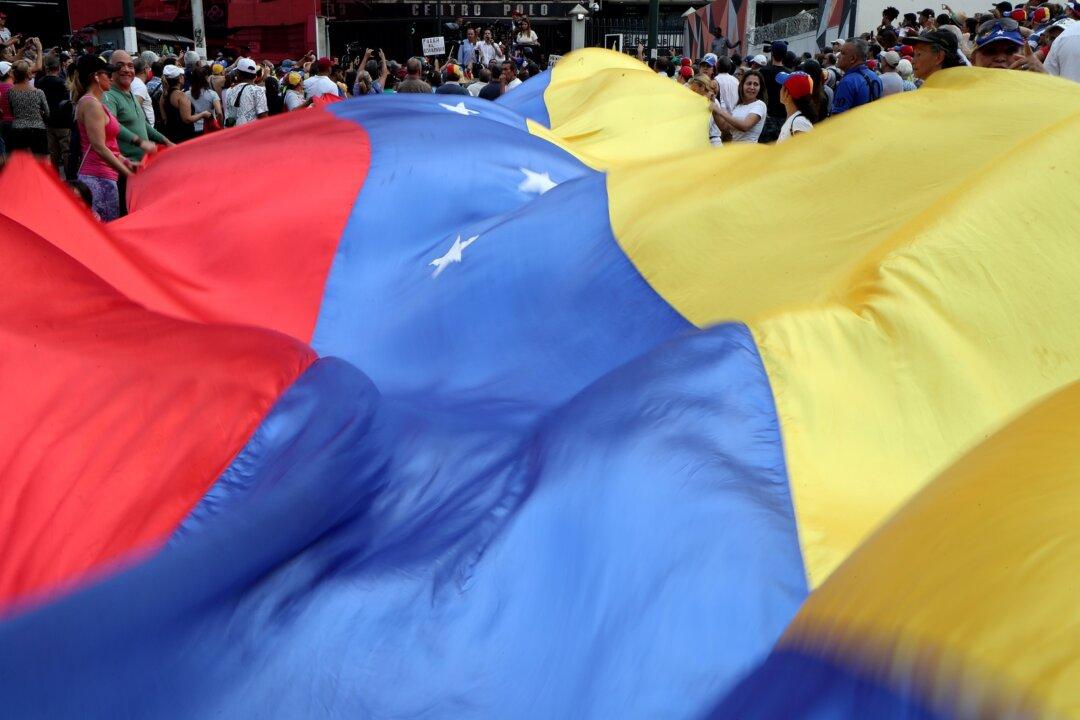WASHINGTON—International Monetary Fund and World Bank shareholders are still undecided on whether to recognize Venezuelan opposition chief Juan Guaido as the country’s leader, the institutions said April 11.
The heads of the International Monetary Fund (IMF) and World Bank both said they are preparing to move quickly to help ease Venezuela’s worsening humanitarian crisis, but the leadership question is standing in the way.





